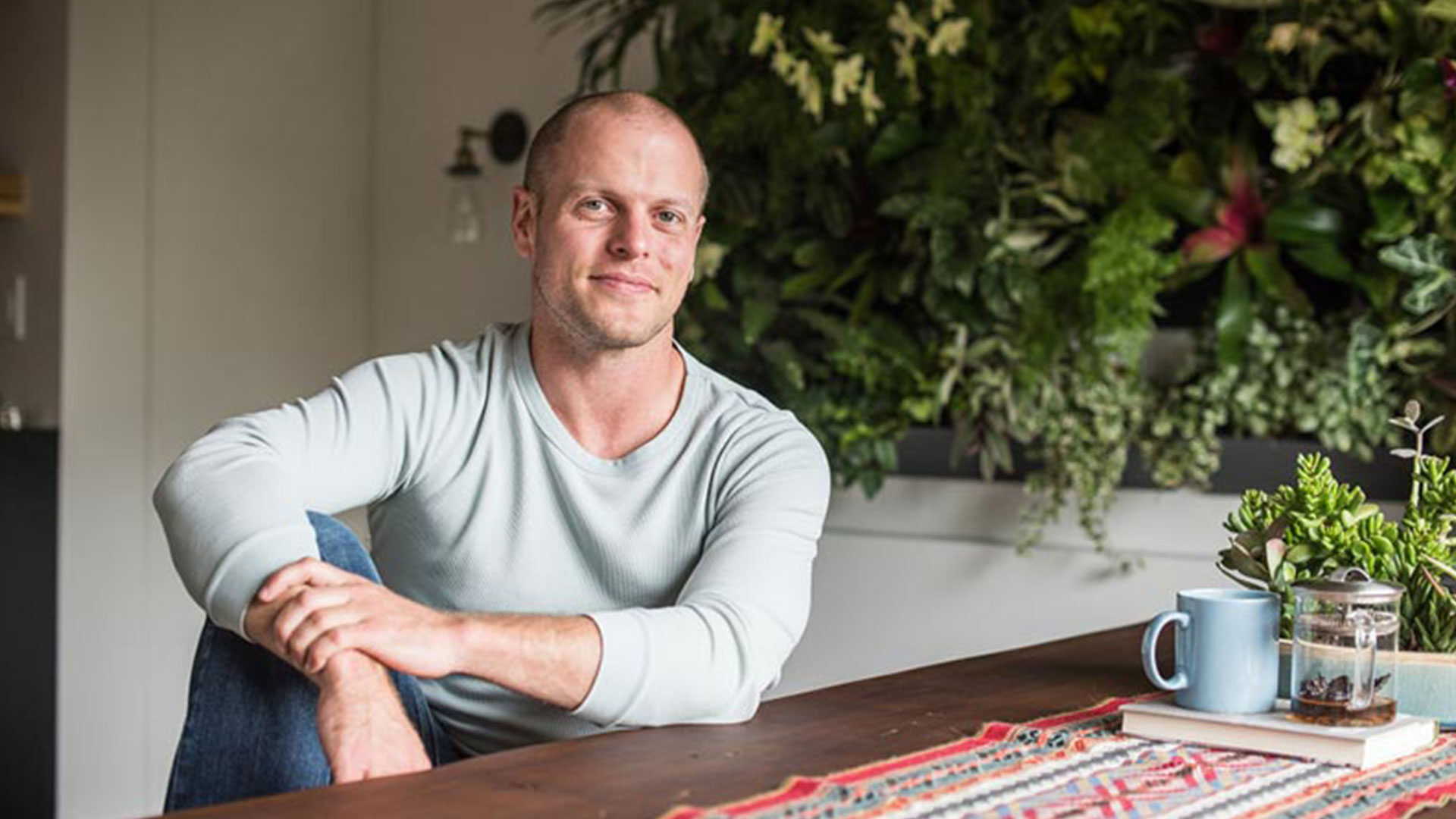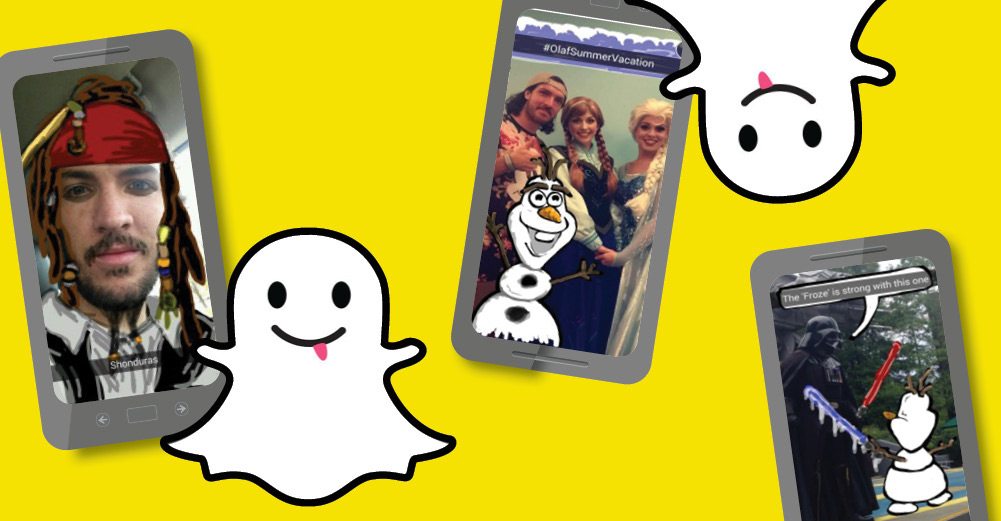When entrepreneur Tim Ferriss penned The 4-Hour Workweek nearly 10 years ago, it became an instant bestseller. This month, Ferriss released his fifth book, Tools of Titans, based on interviews he conducted for his podcast, The Tim Ferriss Show. Below are a few outtakes from my original interview with Tim for Southwest: The Magazine’s December issue.
How is Tools of Titans different from your past books?
The 4-Hour Workweek and other 4-Hour books were written primarily from my experience and detailed lessons I’ve learned, but Tools of Titans is lessons learned and borrowed from 100-plus world-class performers.…This isn’t the story of Tim Ferriss; it’s the best practices, habits and routines of people who are the best at what they do in their respective fields.
Your podcast episodes are often two or three hours long. How’d you decide on what to include in the book?
The process of vetting was very particular. The first question I asked was, ‘What had I personally used?’ The second was, ‘What could others replicate or use?’ Then, I asked myself, ‘What are the first things that come to mind when I talk to my close friends that I’m trying to help with challenges or problems?’ Those are the things that made it into the book.
What’s the secret to a great interview?
I always tell my guests, ‘You have final cut, so it’s better to be a little too raw, a little too open, and cut things out later rather than play it safe, because I can’t add things.’ The second ingredient is a healthy dose of emotion, and that typically means they’re telling stories that haven’t been heard before. And last, but definitely not least, are actionable details—tips my listeners can use. At the end of the day, each episode needs to deliver something, whether that’s a routine, a favorite book, a new type of tea, a philosophy—whatever it might be, there has to be something useful that my listeners can apply.
How do you get people to open up?
The first [step] is making it a safe space, and you do that in a few ways. Number one is having a track record for letting people talk and not sound-biting them or cherry picking sensational pieces. Second, give them final cut and put that in writing. The third step is a tip that I got from a friend and one of my podcast guests, [author and journalist] Neil Strauss. He said, ‘If you want people to be vulnerable, you have to be vulnerable yourself.’ Spend at least five to 10 minutes before you start recording having just a very honest conversation with the person. If necessary, I share stories of how I’ve been misquoted before and had to suffer the consequences. I don’t want to ever inflict that on anyone. There are no ‘gotchas’ here. Also, a lot of it comes down to the kinds of questions that you ask. I think very long and hard about the kinds of questions I ask and don’t want to put people on the defensive. In a world of, ‘it bleeds, it leads,’ that is uncommon.
So, are there other bad questions?
I think there are bad questions, there are good questions and then there are great questions. A bad question might be, ‘Do you have a favorite book?’ A good question might be, ‘What is your favorite book?’ A great question, I think, is, ‘What book have you gifted the most to other people?’ Because if you ask someone what their favorite book is, generally, they’re going to have a primacy or recency bias, and they’re just going to tell you a book that comes to mind that they’ve liked in the last year or so—not an accurate answer. Whereas, ‘most gifted’ is generally a shorter list, and I think that’s reflective of them placing a lot of value in it and tells you more about the person.
Wired.com dubbed you the “greatest self-promoter in the world.” Is self-promotion key to getting your message across?
I’d love to go on record as saying I’ve never thought about personal brand or how to build personal brand. The term ‘self-promoter’ has acquired a negative connotation for a lot of good reasons, but I don’t think of myself as a self-promoter. I think that if you have a message or product or service, whether you’re a political activist, startup entrepreneur or someone who is just trying to make your voice known at a local PTA meeting because you want to change a policy at your kid’s school, you need to know how to persuade and, in effect, promote your viewpoint or the benefits of what you represent. People aren’t going to trust the message until they trust the messenger. It’s not just the strength of your argument, but their comfort level and the credibility they associate you with.
Any other tips for people who are creating content?
Keep it simple, keep it useful. Don’t become obsessed with the things that provide incremental gains. I’ve never used a [sound] mixer. There are sound engineers out there who would say that’s why your audio sucks, but guess what? Nobody else cares. Everybody thinks the audio is fine because they’re listening to it in a car or subway and it just doesn’t matter….I think it’s easy to distract yourself with the tech when you should be focusing on the content. People will forgive many sins in your technical setup if you get the content right. If you don’t get the content right, you’re dead in the water before you begin.
–––
Tim’s final piece of advice for great storytelling? Make it personal. “One of my favorite writers is Kurt Vonnegut, and he’s famous for saying, ‘Write to please just one person.’ Maria Popova of Brain Pickings, one of my guests, took that to mean, ‘Write for yourself.’” Essentially, Tim says, create content that you, yourself, would like to see.
For more insights, tune into The Tim Ferriss Show, and check out the December issue of Southwest: The Magazine.



